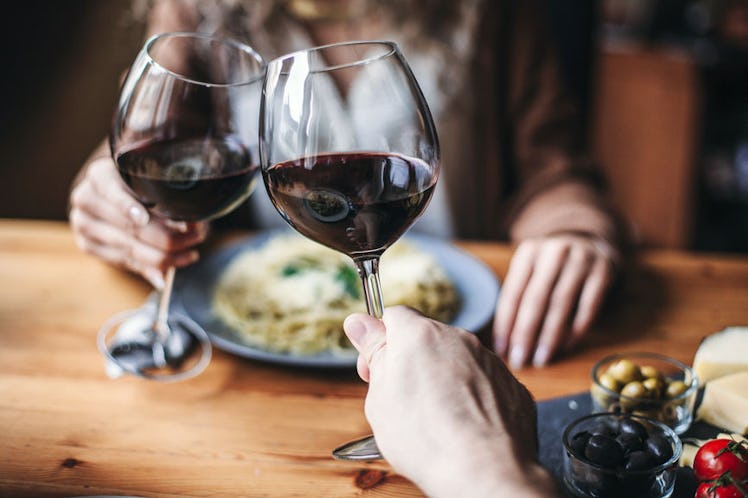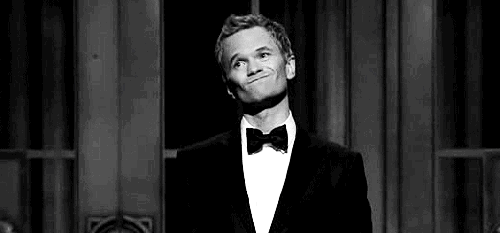
This Study Says Your Wine Might Be Literally Radioactive, & Um Excuse Me What?
Are you drinking a glass of rosé right now? Well you might want to stop because I have some news for you. According to a recent study, your wine might be radioactive. Now aren't you glad I made you put that glass down?
I drink wine quite often and it never occured to me that there could be any risks other than the obvious (like poor decisions and liver damage). But according to a July 20 New York Times report, California wines made after 2011 could contain radioactive particles as a result of the Fukushima disaster in Japan in 2011, when a nuclear power plant melted down after being damaged in a tsunami.
In a new study, a group of French nuclear physicists tested 18 bottles of California rosé and cabernet sauvignon from 2009 and onward and found increased levels of radioactive particles in the wine produced after the Fukushima incident. There's good news too, though: if you're more of a rosé enthusiast, you lucked out a bit because the levels of radioactive particles doubled in the red, according to The New York Times.
“We can measure some radioactive level that is much higher than the usual level,” said Michael Pravikoff, a physicist who worked on the study told The New York Times. Well, yikes.

Cesium-137 is the man-made isotope that presents itself after certain nuclear events, and makes its way into pretty much everything. It's for that reason that wines made around the time of major nuclear events, like the Chernobyl accident in 1986, contain higher radioactivity levels, according to The New York Times.
But if you're freaking out a little, don't worry yet. The levels found in the Claifornia wines aren't actually harmful, according to the World Health Organization. “These levels are so low, way below the natural radioactivity that’s everywhere in the world,” Pravikoff assured The New York Times. In fact, the levels were apparently so low that the researchers had to burn the wine down to ashes just to conduct the testing.
If you're still not feeling secure about finishing that glass of wine (or buying ten more bottles), the fact that no bottles have been recalled is a pretty good sign. And the California Department of Public Health said on Friday, July 20, that it wasn't aware of the study but there were no “health and safety concerns to California residents.” They continued to stand by that statement after familiarizing themselves with the report.
It's a good thing too, because people on Twitter were not ready to give up their wine.
Some folks were a bit skeptical of the news altogether.
But most people were ready to keep their wine, radioactive or not.
Lots more were like me who thinks all radiation sounds pretty bad (even though none of us plan to give up our wines, obvs).
My first reaction when hearing that my beloved wine might be radioactive was, "excuse me, what?" Because what other possible reaction could there be? But now that I have a better understanding... well, I still might stick with whites for a while.